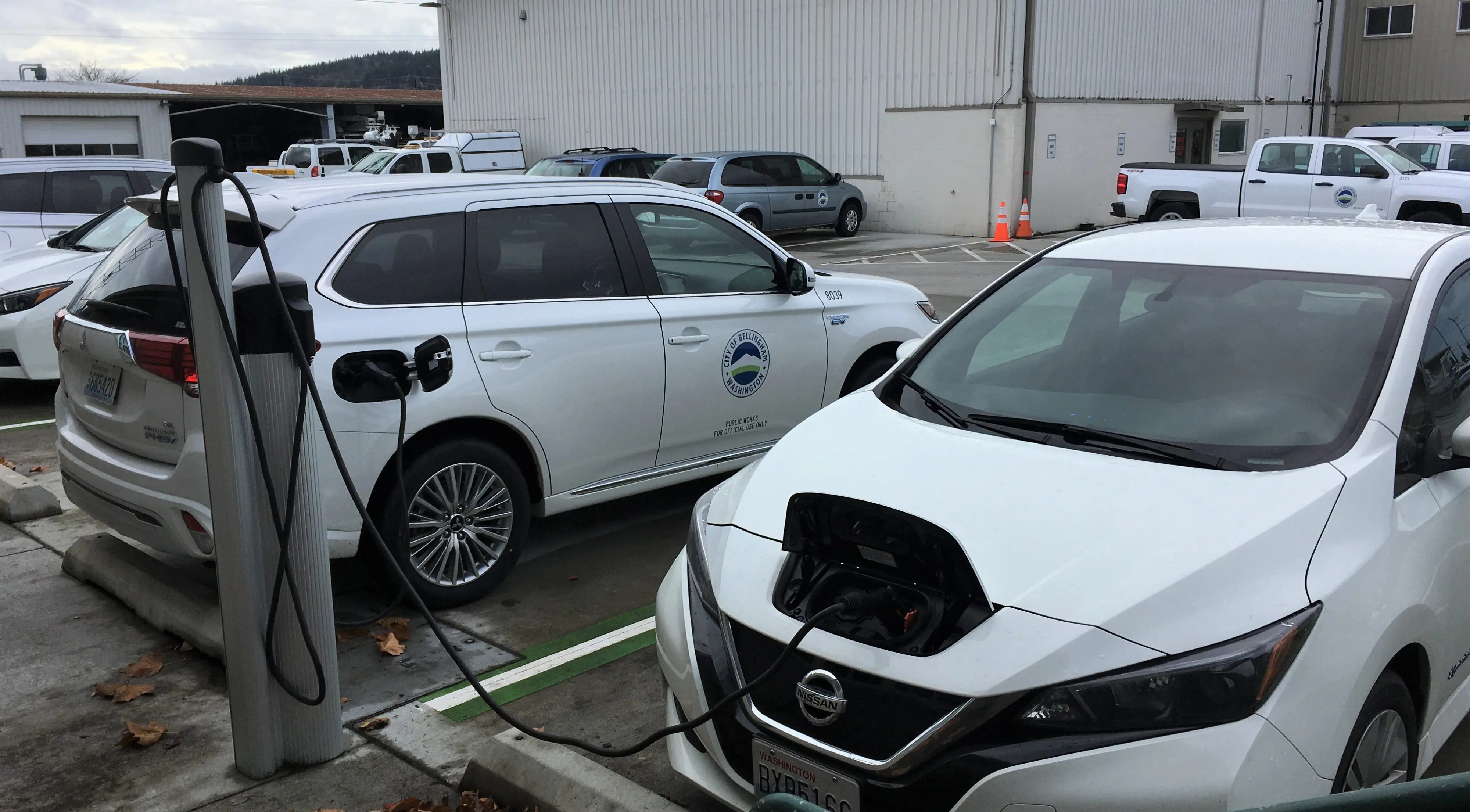Bellingham Mayor Seth Fleetwood announced today that he is pausing on a proposed Climate Action Fund ballot measure. A public hearing on the proposal has been cancelled and he is withdrawing the draft resolution originally proposed for the November 2022 ballot.
“This is in no way a retrenchment. We remain fully committed to the critical job of making urgent progress on climate action. But it is a ‘strategic pause’ to build support and in response to community feedback concerning the timing of this measure,” he said.
Mayor Fleetwood said that, while he is pausing consideration of the measure for now, the importance of dedicating new funds to urgent climate priorities remains critical. He said he is proposing dedicating additional City funds in the 2023-2024 budget for City climate actions. He also is moving ahead on other key climate actions, including creating an Office of Climate Action with additional staff dedicated to climate work and continuing investments in reducing the climate impacts of City operations.
Fleetwood said this pause will avoid having a climate measure compete with other priority ballot measures. It will allow time to expand a coalition of supporting organizations and individuals, and to fine-tune the proposal to include more specifics about climate actions to be funded by proposed new levy funds.
He added that the Climate Action Fund ballot proposal as currently drafted is a strong work product that likely will form the basis for a proposed ballot measure in the future.
“The time we have invested in shaping and vetting this proposal has been invaluable in furthering a deeper understanding of the challenges of the work ahead of us,” he said.
“Our City is doing the work that every community in the world should be doing, taking action to meet our climate goals and continuing the important work of building a sustainable, equitable and thriving City,” he said. “The City is committed to climate action. We are simply pressing pause on this one item while advancing many other significant initiatives.”

